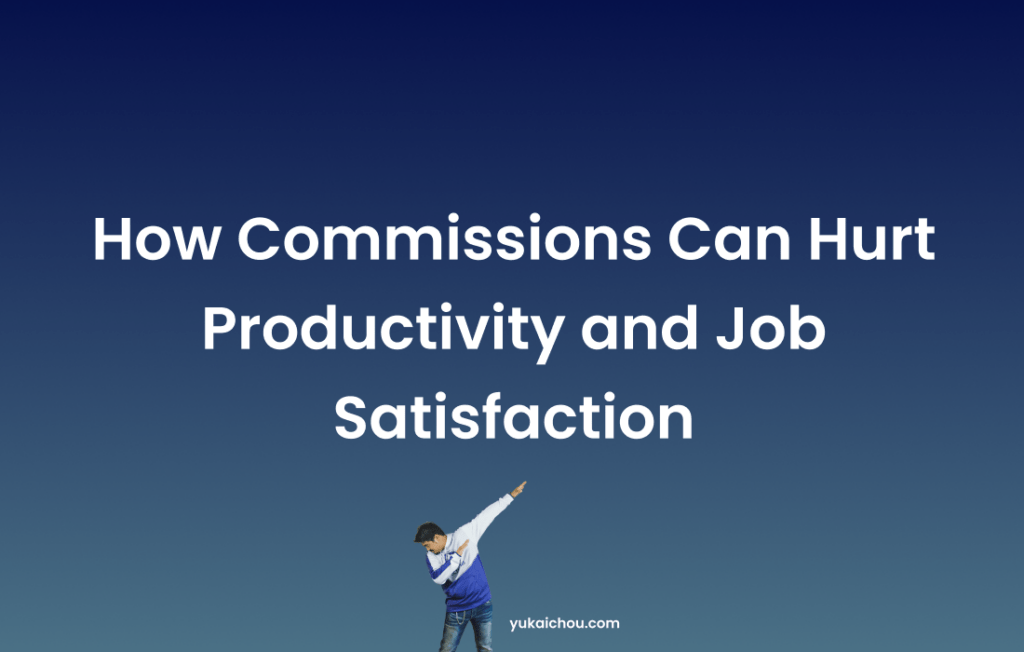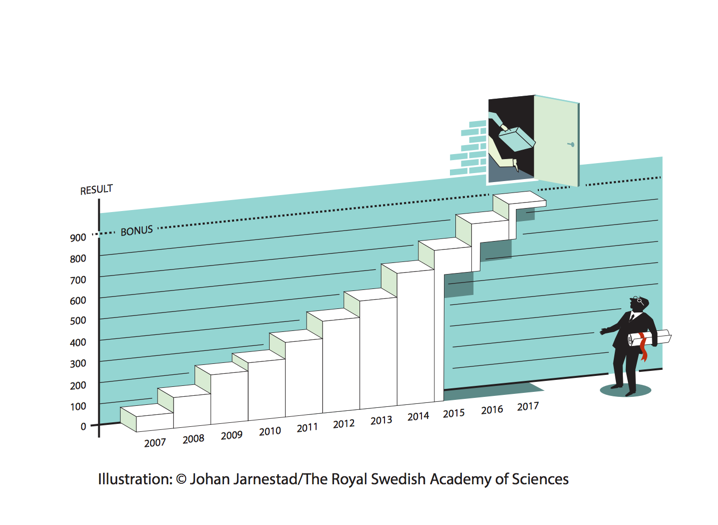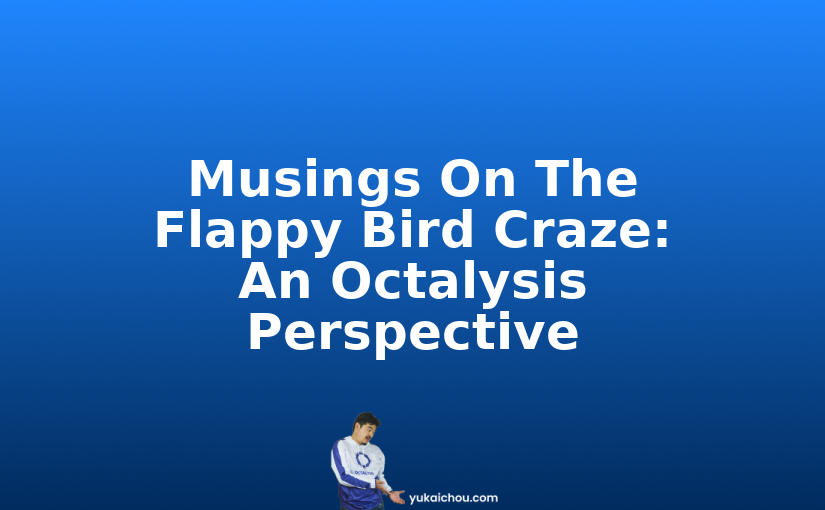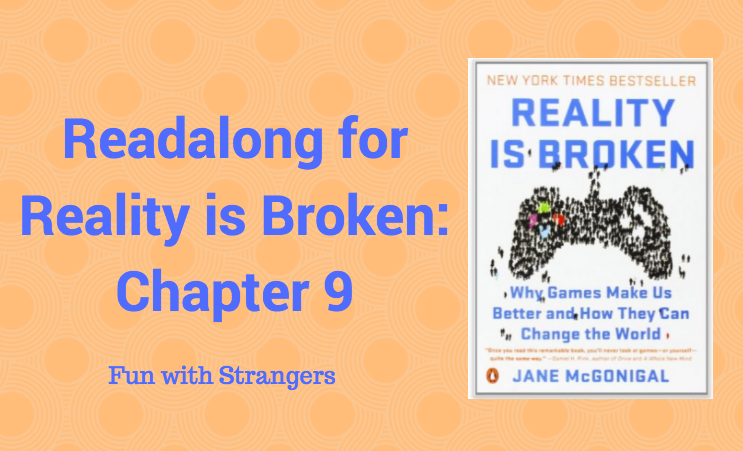This article was written by Contributing Writer Erik van Mechelen
The Nobel Prize in Economic Sciences Goes to…
Contract theory is evolving. This year’s Nobel Prize in Economic Sciences went to Oliver Hart and Bengt Holmström for their contributions to contract theory.
In the 1970s, Holmström’s informativeness principle helped define how a contract should link an agent’s pay to performance-relevant information. In the 1980s, Hart made contributions to a branch of contract theory known as incomplete contracts.
Together, their body of work helped us better understand multi-tasking, moral hazard, and simply put, how to best design contracts for desired outcomes. Multi-tasking tackles the problem of short- vs long-term thinking, while moral hazard refers to actions taken that do not serve the benefit of the contract (but that the contract does not deter).
Sound familiar? Octalysis is all about understanding human motivation to best drive desired actions.
In discussions with Yu-kai and through videos he’s shared on Octalysis Prime, I’ve learned and come to share the opinion that we are very early in the quest to understand human motivation and apply this understanding to our lives and work.
New research is starting to suggest commission-based compensation frameworks actually reduce productivity and job satisfaction, especially in the long run.
In this article, we’ll examine these new findings from an Octalysis perspective. So get your Octalysis Glasses ready!
Why commissions don’t work like they should
In some industries or role types, commission-based compensation is standard. Sales, for example, immediately comes to mind.
As a salesperson, if I bring in more dollars for the firm, I get more dollars as a commission for my effort. It seems I’m incentivized in a way that is aligned with the firm’s objectives.
It all sounds well and good so far.
But…there is always a but.
Traditional thinking is not complete
Traditional contract theory holds that commission-based models can increase productivity.
In an evolving employee-employer marketplace where dollars and cents are not the only variable in job satisfaction, commission-based approaches don’t quite work as long-held theory suggests.
Historically, sales organizations have applied incentive models that include commissions and bonuses to their sales staff. The rationale is this: a saleperson’s results directly affect a firm’s bottom line, so incentivizing better results produces a win-win for the employee and the firm.
These traditional models are incomplete. Hart’s and Holmström’s work builds on the incomplete contract to delve into contract designs that try to solve for pitfalls in attaching too much weight to short-term financial incentives.
We know from Octalysis…
That financial incentives aren’t everything. We work for many reasons, some of which are financial.
Financial incentives fall in Core Drive 4: Ownership & Possession, left-brain extrinsic (and balanced between white hat and black hat).
Actually, a compensation model like this is inherently black hat in the following way.
Think about it. If you are compensated for commissions within a quota and you miss your quota (or sell somewhere below the commission cap), then you miss out on money in your pocket. What Core Drive does this sound like to you?
It is Core Drive 8: Loss & Avoidance! Think about this again. By NOT reaching a quota or certain commission-threshold, you actually lose money. When you’re nearing the year-end sales period, you’re likely going to be motivated by not losing that money more than any other motivation. In extreme cases, workers are motivated by not losing their job (versus making good, productive decisions for the firm). By the way, Core Drive 8 is black hat…
In the long run, black hat design leads to burnout
While black hat design may be motivating in the short run, it usually creates long-run exhaustion or burnout. Without right-brain intrinsic motivation and rewards, job satisfaction plummets. Even Yu-kai isn’t immune to burnout from black hat design.
Multi-tasking
Multi-tasking in contract theory terms refers to actions an agent could take that are aligned with desired short-term outcomes but misaligned with desired long-term outcomes (for the firm).
A decision by an employee that produces positive short-term results, but that sabotages long-term results, falls into this category.
In a sales example, I could, as a salesperson, push customers really hard to get a few extra dollars in sales today, but jeopardize the long-term and recurring relationship (which could make me and my firm much more money down the road). In essence, this short-term decision would bring dollars now but decrease the lifetime value of a given customer who felt pushed by my pressure sales tactics.
Moral hazard in teams
Another aspect to consider is moral hazard in teams. This negative effect occurs when teammates slack off and benefit from the effort and work of others.
Any contract or compensation model that rewards team performance only runs the risk of this free-rider problem, which is why most compensation agreements are made between individuals and a firm, not groups of individuals.
In a sales force, a team that is compensated in such a way might be motivated by collaboration (Core Drive 5: Social Influence & Relatedness) but demotivated by competition (also Core Drive 5, but the black hat segment).
A better way to compensate employees
The best compensation schemes have to start with the individual.
As a leader or employer, if I understand what a person is motivated by, then I can present them with challenges fitting within that motivation. This worked well for me when I built a small team and made an iPhone game. I know it’s working for Yu-kai as he builds Chou Force, too.
By the way, despite everything I argued for above, a commission-based compensation scheme could be great on an individual basis (consider someone highly motivated by Core Drive 2: Development & Accomplishment), but they shouldn’t be the default go-to compensation scheme.
But if your employees are motivated by, say, Core Drive 3: Empowerment of Creativity & Feedback–the golden corner–you are missing a big opportunity to build an incentive model that lets them create value by motivating through creativity and autonomy.
Making compensation make sense
Think about how you’re compensating your employees or contractors. Do you know what motivates the people you work with, your employees, your contractors, your partners?
How have you set up these relationships?
By the way, if you’re curious to learn more about compensation and motivation, we also wrote about why it is dumb to pay contractors late.
As the marketplace for work evolves, we’ll be keeping our eye on employee motivation. What are you seeing in your industry? Share what is and isn’t working for you or your team or company in the comments!
Also, if you want me to go deeper on contract theory, let me know in the comments 🙂










3 responses to “Why Commissions Hurt Productivity and Job Satisfaction”
Excellent insight, especially when it comes to sales commissions… Having been down that route, I’ve seen many sales people burn out and leave their job quickly… Many of them became disillusioned with the profession and saw no higher purpose to stay at their work… As you described, sales commissions and bonuses fall into the blackhat arena…
Hey Bob, thanks for reading and comment! Is it the financial incentive structure that doesn’t work or is it also the sales leadership within organizations that you’ve seen or heard anecdotally? Cheers!
Thanks for the response Bob! The problem with sales commissions is that we know it’s not the best long term motivator, but it is a huge demotivator if you take it away. If people don’t get the bonus they are looking for, they become completely demoralized.